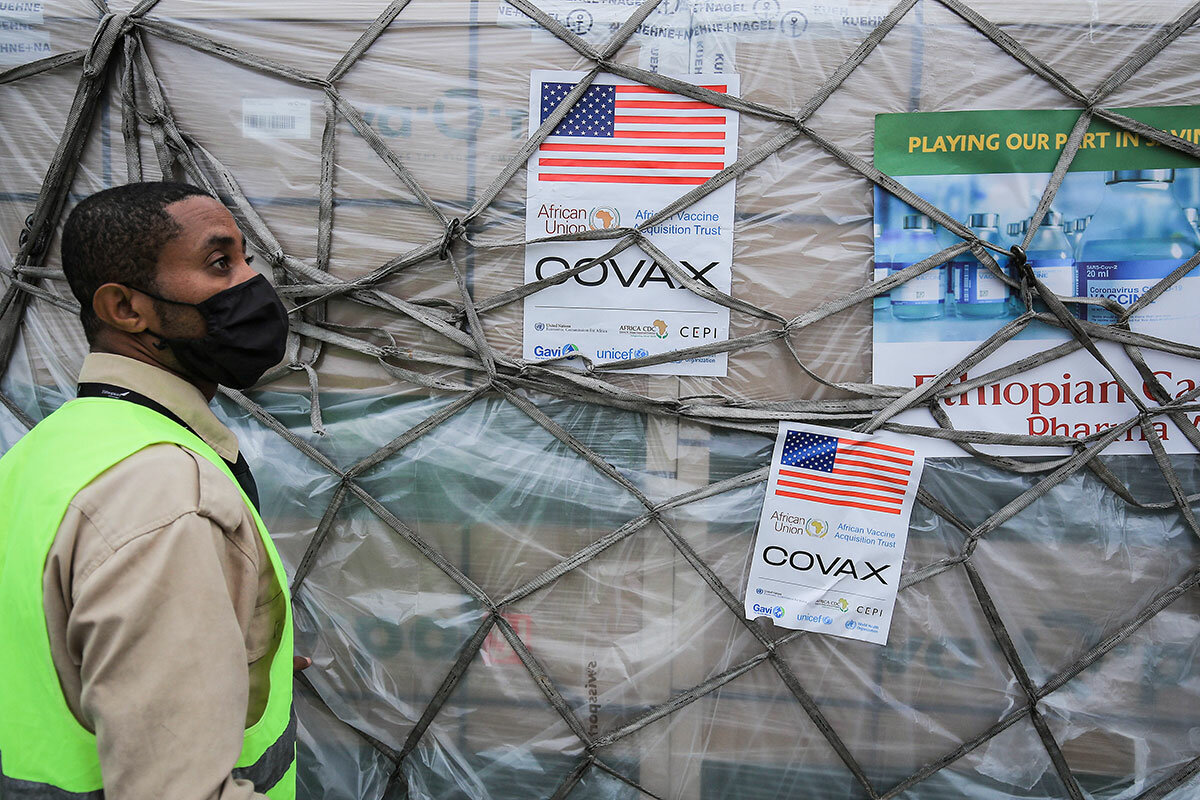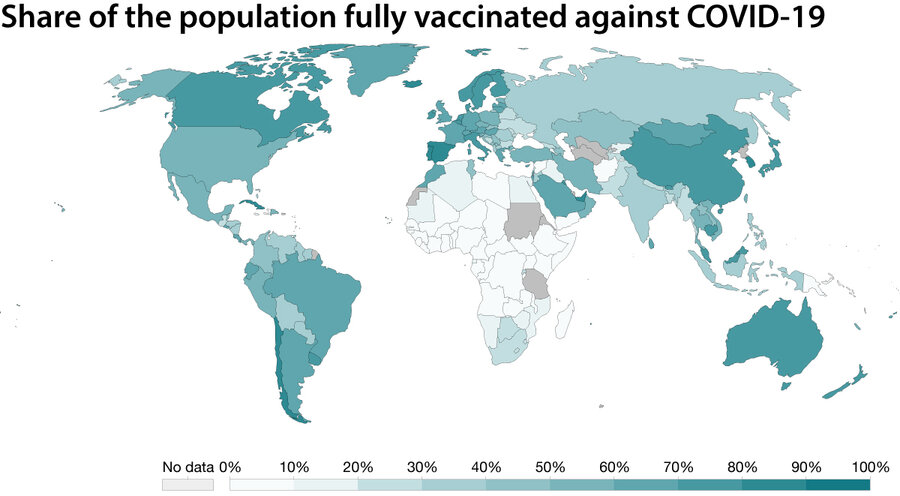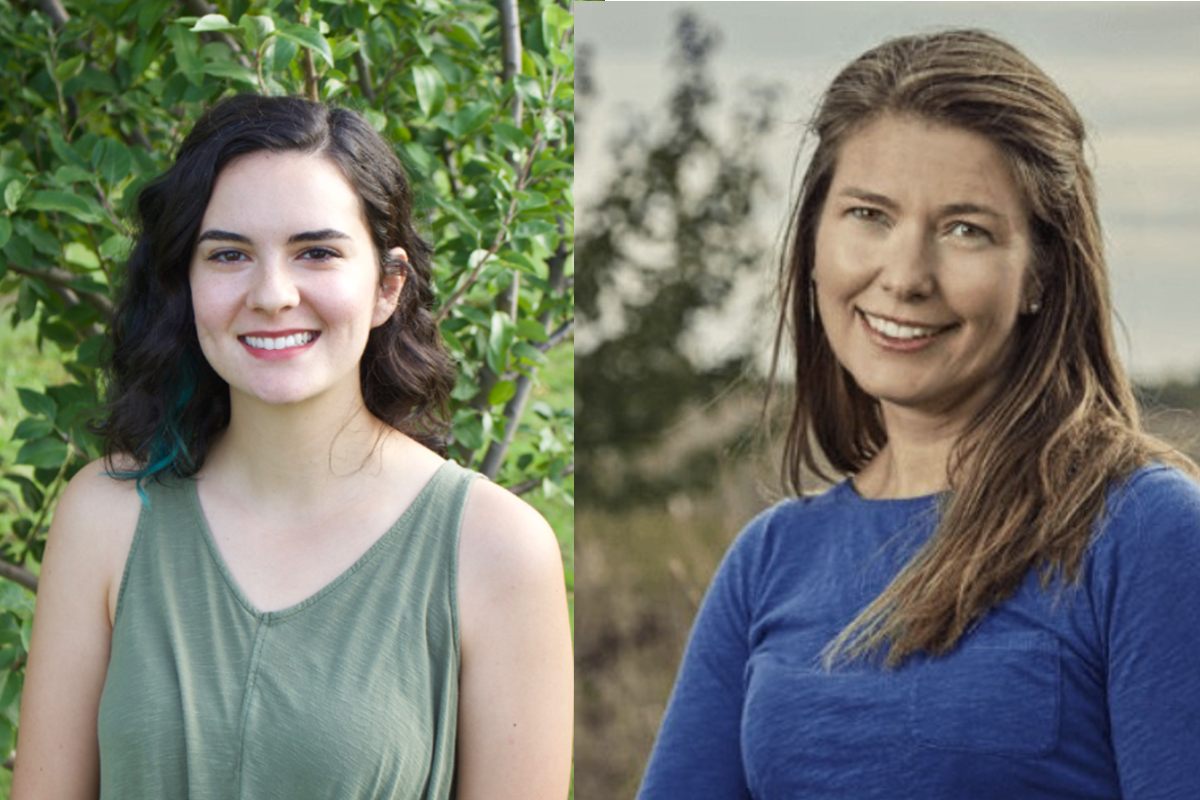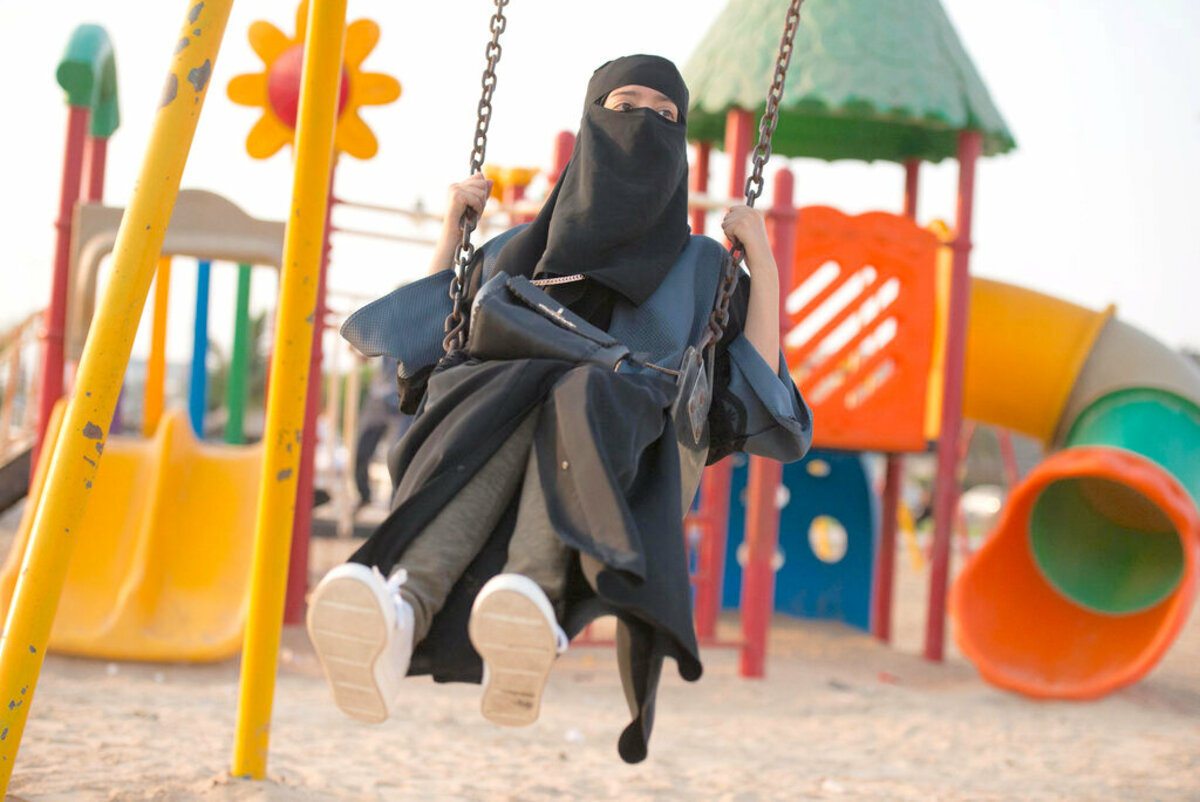The concept of vaccine equity has always been supported by a combination of altruism and self-interest. To combat the still-undefeated pandemic, is the world ready to act on principle?
Monitor Daily Podcast
- Follow us:
- Apple Podcasts
- Spotify
- RSS Feed
- Download
 Linda Feldmann
Linda Feldmann
For as long as I can remember, I have been fascinated by symmetry in words and numbers. And on Wednesday, 12/1/21, it hit me: We had entered a month of palindromes, 11 out of 31 dates that read the same backward and forward, at least in the American “month/day/year” way of doing things.
I noted this on Facebook, and launched a frenzy of palindromania – friends sharing their favorite words, phrases, and sentences that read the same in both directions: “Tuna Nut,” the name of a friend’s boat. “TacoCat,” a card game, rock band, and now crypto token. “Able was I ere I saw Elba,” as Napoleon allegedly said upon his exile.
The best-known example of all time is “A man, a plan, a canal: Panama” according to the Palindrome Hall of Fame. But when my friend Eric Troseth offered this – “Are we not drawn onward, we few, drawn onward to new era?” – I stopped in my tracks. The potential for deep meaning is vast.
Indeed, the Hall of Fame includes this marvelous example from the ancient Greek, transliterated: “Nipson anomemata me monan opsin,” meaning “Wash the sins, not only the face.”
Love of palindromes is a rabbit hole down which one can vanish forever – or at least as a break from the headlines. This palindrome-filled video by “Weird Al” Yankovic guarantees a laugh.
But before I go, I must point out something especially remarkable about yesterday’s date: 12/02/2021. Ignore the slashes and write the numbers in digital script, and you get the rarest of palindromes, an ambigram: Left, right, upside down, it reads the same. Wow.










